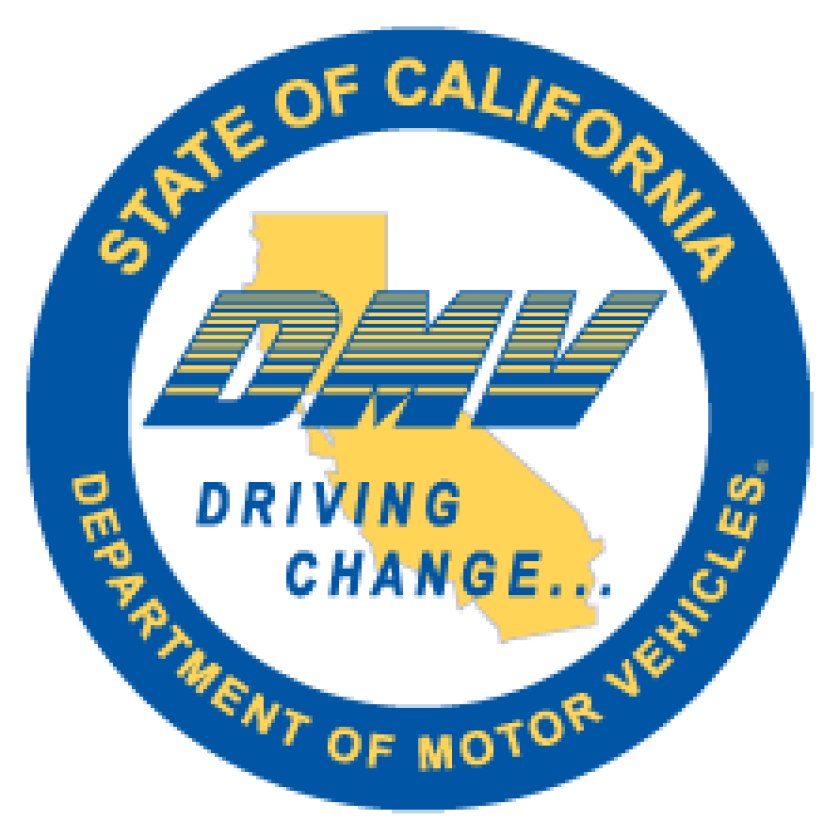
Gupta, who served as managing director at KPMG from 2013-2019, became a special consultant and adviser to DMV’s director in May 2019. He was elevated by Gov. Gavin Newsom to his current role in January. And, as he told Techwire, the concepts of automation and robotic process automation (RPA) aren’t new to DMV, and will likely endure. Among the takeaways:
• Automation and modernization have been priorities at DMV since Director Steve Gordon, the longtime Cisco Systems vice president of technical services, arrived in July, Gupta said. Prior to the pandemic, efforts “long in the works” aimed toward modernization as a way to ensure DMV could accommodate Real ID customers by the Oct. 1 deadline – which has since been relaxed. The pandemic made it “even more necessary to quickly move to technological solutions,” Gupta said, highlighting the department’s establishment of a “virtual office” where tasks can be completed online, in the wake of field office closures. The first two processes in the virtual office were title transfer and vehicle registration, the more complex of the two, he said. Other notable online processes include obtaining paper temporary extensions for expiring licenses; partial year registration renewal for commercial vehicles, an addition aimed at the agricultural industry; online submission for medical certificate information, for commercial driver’s license holders; and, of course, the use of RPA in “repetitive back office activities.”
• During the last few weeks, Gupta noted, the agency has debuted an online service to let residents request duplicate licenses to replace those lost or stolen and added ways for people to obtain replacement registration cards and license plate stickers at hundreds of DMV kiosks around the state.
“These improvements will have long-term customer service benefits, as well as the immediate benefit during the COVID-19 pandemic of creating more channels to take care of DMV tasks without needing to visit an office,” Gupta said, adding that DMV is supporting other state agencies interested in automation by hosting an Intelligent Automation Discussion Forum -- and will formally participate in an upcoming Artificial Intelligence Pilot being set up by the California Department of Technology. A CDT spokesman said the AI Pilot statewide coordination has been postponed in the wake of the pandemic, with participating departments instead working at their own pace.
• Gupta affirmed that two recent DMV use cases for automation are indeed high-value and have added potential during the pandemic. The department worked with with UiPath, Cambria Solutions and SimpliGov to automate its application process for motor carrier permit renewals, which went live online last month. At the end of February, nearly 250,000 vehicles had motor carrier permits in the state, and DMV was processing an average of more than 5,100 renewals every month, Gupta said, noting that moving renewals off paper “has the potential to free up resources to focus on other essential modernization efforts.”
In automating its driver’s license extension process, which began in March, DMV utilized its new Virtual Field Office platform to ease the way for residents. It ensures that those who may not be at their address of record during the pandemic can still receive the extension, Gupta said, noting the feature gets more than 2,500 requests per day.
• After reviewing operations, DMV has found other areas “ripe for automation” and intends to add more online transactions to boost the alternatives to field office visits, the digital transformation officer said. Online transactions on the way include commercial driver license renewals, duplicate titles, lien sales, disabled placards, accident reports and occupational license renewals and reinstatements.







